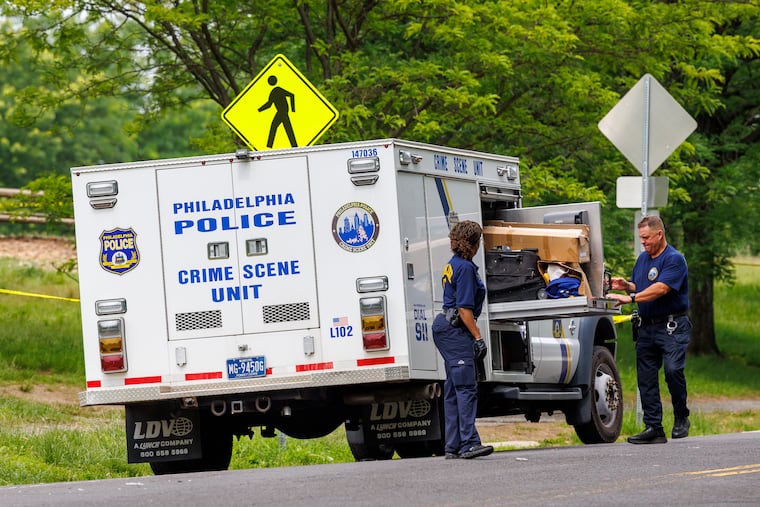Albany’s suicide advocates navigate complex issues in the ongoing debate about physician involvement in assisted death practices.
In a heated debate surrounding physician-assisted suicide legislation in New York, advocates of the practice assert that no significant issues have emerged in states where similar laws are in effect. However, critics argue that this argument overlooks troubling realities tied to these measures. Reports from journalist Alexander Raikin, who has closely examined assisted suicide programs in various regions, indicate a worrying trend of inadequate oversight and compliance in states that have legalized such practices.
The ongoing discussion intensified in New York as proponents of the legislation accelerated its passage through the state Legislature with narrow margins that have raised concerns among some lawmakers. Notably, 21 Assembly Democrats and six Senate Democrats—predominantly from Black and Latino communities—voiced their dissent against the bill. Critics point out that the last public hearing regarding the legislation took place in 2018, suggesting a lack of thorough deliberation on the issue.
Raikin highlights that violations of assisted suicide laws are alarmingly prevalent across states where these programs have been implemented. He notes that despite numerous infractions, there has been a notable absence of disciplinary actions against medical professionals, even when patient safety is compromised. In a recent analysis, he uncovered troubling instances, such as the case of a 29-year-old woman in Colorado who was approved for assisted suicide during a mental health crisis, raising questions about consent and competency.
Moreover, the lack of rigorous oversight has become a significant concern. States like Washington report substantial deficiencies in compliance documentation related to assisted suicide cases. Over a third of all cases do not meet reporting requirements, which has resulted in missing or incomplete forms that trace the administration of lethal drugs for over 1,000 patients.
The proposed New York legislation raises further issues, including the absence of a mandated waiting period and the elimination of mental health evaluations as prerequisites. Critics argue that such oversights could facilitate same-day suicides, potentially exacerbating risks for individuals facing mental health challenges.
Under the proposed law, pharmacists would not be required to report dispensing controlled substances specifically for assisted suicides, leading to concerns about the drugs potentially entering unauthorized markets.
As Governor Hochul considers her decision, the implications of the legislation extend beyond individual cases. Advocacy for assisted suicide contrasts starkly with the realities reported in jurisdictions that have adopted similar measures. The absence of necessary safeguards may result in pervasive issues that could impact vulnerable populations. Observers are urging the governor to critically examine the complexities of such legislation and recognize the potential for serious, unintended consequences.
The debate over physician-assisted suicide in New York encapsulates a broader conversation about the ethical and practical ramifications of such laws. It is crucial for policymakers to navigate these challenges with caution, ensuring that patient safety and ethical integrity remain paramount in discussions surrounding end-of-life options.






